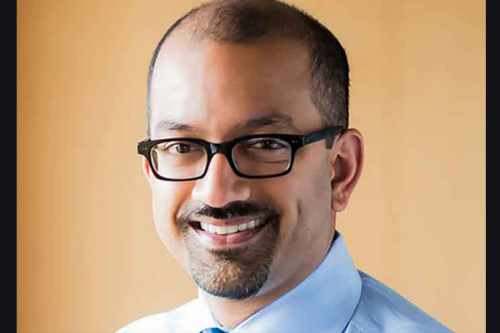Indian-origin neurologist develops method to predict seizures in epilepsy patients

New Delhi, July 19 (IANS) An Indian-origin neurologist in the US has developed a new method that can help predict seizures in people with epilepsy.
The discovery, led by Dr Vikrama Rao, Professor in Neurology at the University of California-San Francisco (UCSF), may apply to a large number of patients and could help enhance the quality of life for millions of people who face the daily uncertainty of epilepsy.
Efforts to predict seizures often require prolonged data collection, which can be burdensome and variably accurate.
Current methods include implanted responsive neurostimulation systems (RNS) that monitor brain activity and attempt to prevent seizures with electrical stimulation. However, these systems sometimes respond too late.
The team led by Rao developed a technology that can predict seizures by identifying brain communication patterns. They studied 15 volunteers with hippocampal seizures using RNS devices and discovered a multi-day activity cycle linked to seizures, marked by increased synchronisation between the hippocampi.
This pattern could predict seizures up to a day in advance. Using 90 seconds of data, their algorithm accurately forecasted seizure risk within the next 24 hours, a method termed "snapshot seizure forecasting."
This system, which worked for nearly all participants, allows individuals to take precautions. Plans include testing on more patients and developing noninvasive data collection methods.
Surveys indicate that 70 per cent of epilepsy patients would use such a forecasting system to better plan their days, reducing the fear of unpredictable seizures and improving their quality of life.

|

|

